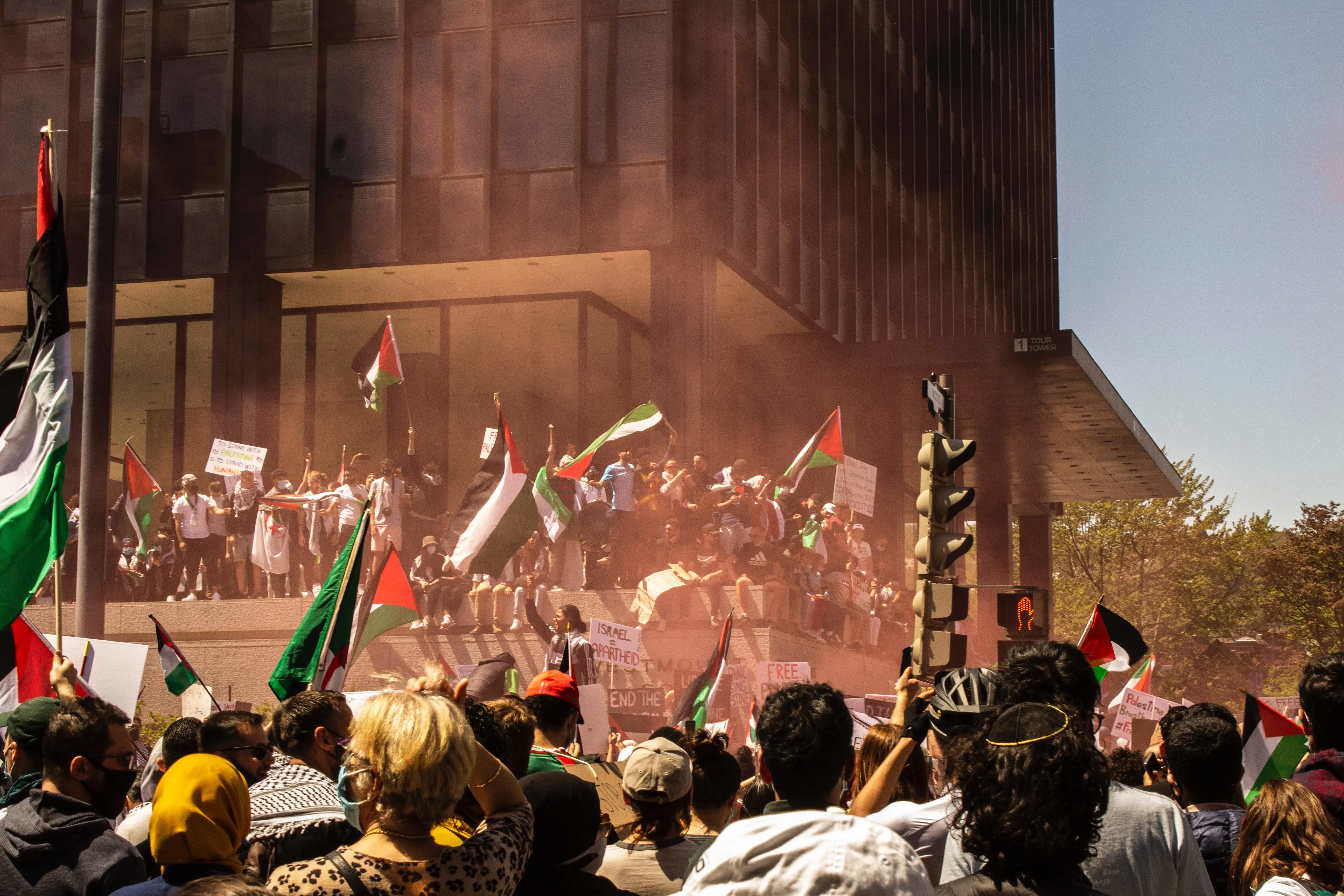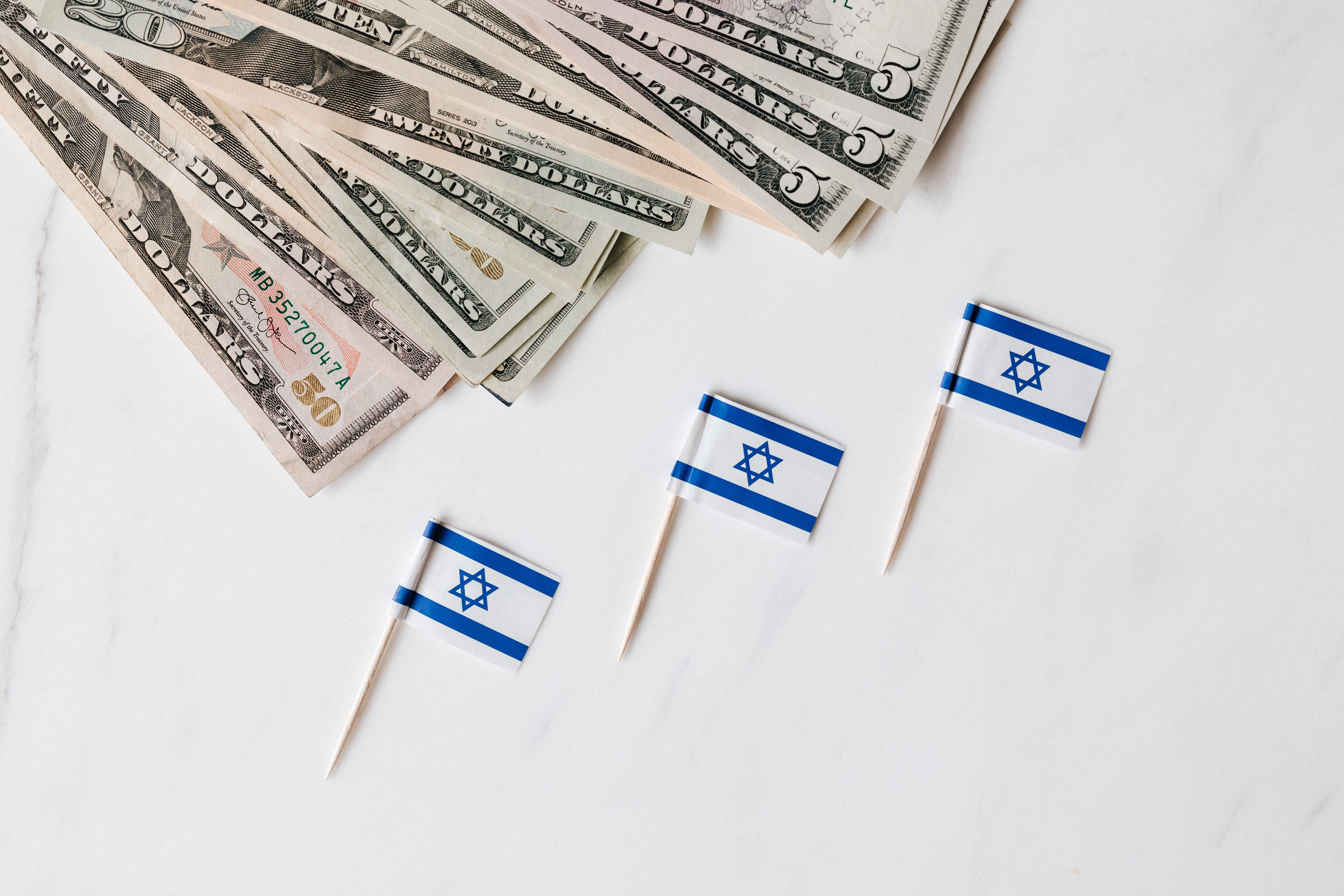The Israel-Palestine conflict is considered one of the most enduring conflicts ever witnessed. Despite stretching to several years back, the conflict remains a pertinent issue in world politics today. Due to the prominence of the conflict, it has attracted the attention of the world’s media, policymakers, political analysts, and the academic community. Concerns have been raised regarding the complexity of the conflict, as it often involves outside players. While various efforts have been placed to address contentious issues between Israel and Palestine, little progress has been made, explaining the enduring nature of this conflict. The paper examines the Israeli-Palestine conflict, focusing on its historical background, peace efforts, domestic politics, and critical issues in the war.
The Historical Background to the Israel-Palestine Conflict
The Israel-Palestine conflict can be traced to over a decade ago, with Jerusalem being the scene of violent confrontations between Arabs and Jews. Jerusalem is considered one of the most bitterly contested cities in world history, with both Israel and Palestine claiming it. Until 1948, the geographic region between the Jordan River and the Mediterranean Sea was known as Palestine. The region was occupied by Arabs, known as Palestinians, as they had claimed the land since the early 20th century. However, the British took control of this area after defeating the Ottoman Empire. The aftermath of the defeat led to the occupation of the area by both the Jewish and the Arab people, with the latter being the majority.
The end of British rule prompted the partitioning of the area into two sections; an independent Arab state and an independent Jewish state. Jewish leaders accepted the proposal; however, many Palestinians opposed it because they believed that the area was rightfully theirs. It meant that one group, Jews, implemented the decision, the other, Palestine, opposed it. The city of Jerusalem remained contentious, with both Jews and Palestinians considering it their capital.
The conflict between Israel and Palestine officially began in 1948 after the withdrawal of the British and the declaration of Israel’s independence. Palestinians objected to the move for Israel to declare independence because they believed that the region was rightfully theirs. Various Arab nations joined the war to help Palestine secure its land; however, it led to the displacement of many Palestinians and the occupation of most of their territory by Israel. Since then, Israel has continued seizing Palestinian territory and ruling numerous Palestinians. These have continued to cause conflict between the two countries, as none is willing to compromise. Therefore, the Israeli-Palestine conflict stretches over several years, with the official records linking it to start in 1948 after the British withdrawal and the declaration of independence by Israel.
Peace Efforts
While the Israel-Palestine conflict has not ended since it began, various peace efforts have been made since the conflict began to find an amicable solution between the two countries. The inability of both sides to abide by the goodwill measures stated during peaceful negotiations has made it challenging to end the conflict. While both countries have always stated that they are committed to maintaining a peaceful relationship, this is always not the case.
Egypt negotiated the major peace effort between Israel and Palestine. Since Egypt took part in the Arab-Israel War, its relationship with Israel had deteriorated. In Camp David, Maryland, negotiations were held by President Carter of the US to help bring peace between the countries. The 1978 negotiations involving Israel and Egyptian leaders led to the emergence of the Camp David Accords, which aimed to restore peace between Israel and its Arab neighbors. The accords were considered a framework for a peaceful relationship between Israel and neighboring Arab states. The accords called for the completion of peace treaties by the involved parties under Resolution 242. Additionally, it agreed on how to handle the Palestine issue, with the involved parties resolving that instead of full independence for Palestine, it was necessary to offer them autonomy. It meant that Palestine would have five years of limited self-government, and talks regarding its final status would follow this.
Camp David Accords were considered significant in improving relations between Israel and its Arab neighbors; however, the question of self-governance for Palestinians remained a pertinent issue. The discontent led to resistance against the Israeli government by Palestinians who resided in the Gaza Strip and the West Bank. A peace process was initiated in 1993 to mediate the conflict between Israel and Palestine. Under the Oslo I Accords, a framework was established to guide how Palestinians govern themselves. Additionally, the Accords enabled the recognition of the Palestinian Authority that had been established and the existing Israeli government. The Oslo II Accords were developed to build on the first. It contained provisions on the withdrawal of Israel from various cities, which Palestine claimed.
Numerous peace processes followed to find a lasting solution to the Israel-Palestine conflict. For instance, the US attempted to find peace between the two countries but failed on all occasions. The failure was due to the inability of the conflicting parties to abide by the peace deals made. For instance, the US attempted to revive the peace process between the two countries; however, this was disrupted by Palestine’s unification with Hamas, which was considered a terrorist organization. While numerous peace processes have been initiated in the hope of addressing the conflict, they have failed as the two countries have failed to reach a consensus regarding pertinent issues, such as the location of Jerusalem and their territorial claims.
Domestic Politics
Domestic politics have played a central role in fueling the Israel-Palestine conflict, which explains why it has always been challenging to find an amicable solution between the two countries. Despite strong democratic institutions in Israel, it has always been a challenge to find a lasting peace between the two countries. The role can explain these democratic institutions’ role in enabling religious-political identity and government responsiveness. Government responsiveness refers to how the government institutions’ receptiveness and the Israeli people’s demands. Many Israelis identify with the Jewish religion and consider Palestinians as parties interested in spreading their religion in Israel. Therefore, most Israelis expect an urgent response from the Israeli government whenever Palestinians attempt to push their interests. Therefore, Israeli’s political leaders compromise peace efforts aimed at giving back some of the territory to Palestine to keep Israelis contented. The needs and desires of the Israeli public play a vital role in the Israeli government’s decisions regarding the Israel-Palestine conflict. The leaders ensure that they protect their power by abiding by the people’s demands, which revolve around maintaining superiority in the conflict.
Critical Issues: Displacement and Terrorism
Displacement has been at the core of the Israel-Palestine conflict. Specifically, Palestinians have been the main victims of displacement, as Israelis work to continue expanding their claim of Palestine territory. Throughout the conflict, Palestinians residing in the West Bank and Gaza regions have continued to be displaced, with Israeli forces being tasked with ensuring that they are pushed toward Palestine territory. In most cases, these Palestinians receive warnings from Israel to flee their homes due to imminent attacks, hoping to come back. However, this is not usually the case, as the conflict continues for extended periods.
Another key aspect of the Israel-Palestine conflict is the rise of terrorist groups. Various terrorism groups associated with Palestine have played a key role in fueling the conflict, with Hamas conducting various rocket strikes in Israel. The key aspects that define the response of various terrorist groups to Israel in the conflict are inter-group competition, the degree of public support, and their anticipation of countermeasures. In most cases, it has been challenging to determine the structural relationships of these Palestinian groups as they change over time. These Palestinian groups’ degree of public support has played a significant role in determining their activities. In most cases, increased public support has always been associated with imminent terrorist attacks on Israel. Therefore, terrorism is a crucial aspect to consider in the Israel-Palestine conflict as the terrorist groups rely on public support to attack Israel. Other factors that determine their involvement in the conflict are intergroup competition and the anticipation of countermeasures.
In conclusion, the Israel-Palestine conflict can be traced to the 19th century. However, official records reveal that it started in 1948 after the withdrawal of the British from the region and Israel’s declaration of independence. Since then, Israel has continued seizing Palestinian territory and the ruling of numerous Palestinians, which have continued to cause conflict between the two countries, as none of them is willing to compromise. Various peace efforts have been aimed at finding an amicable solution between the two countries. The US has been involved in various peace efforts. However, most of them have failed because the two conflicting countries cannot meet their end of the deal. Domestic politics have played a central role in fueling the Israel-Palestine conflict, which explains why it has always been challenging to find an amicable solution between the two countries. The conflict has been characterized by the displacement of numerous Palestinians and the emergence of various terrorist groups associated with Palestine.
Bibliography
Caplan, Neil. The Israel-Palestine Conflict: Contested Histories. Hoboken. NJ: John Wiley & Sons, Inc., 2019.
Clauset, Aaron, Lindsay Heger, Maxwell Young, and Kristian Skrede Gleditsch. “The Strategic Calculus of Terrorism: Substitution and Competition in the Israel—Palestine Conflict.” Cooperation and Conflict 45, no. 1 (2010): 6-63.
Gelvin, James L. The Israel-Palestine Conflict: One Hundred Years of War. Cambridge, UK: Cambridge University Press, 2014.
Peters, Joel, and David Newman. The Routledge Handbook on the Israeli-Palestinian Conflict. New York, NY: Routledge, 2012.










